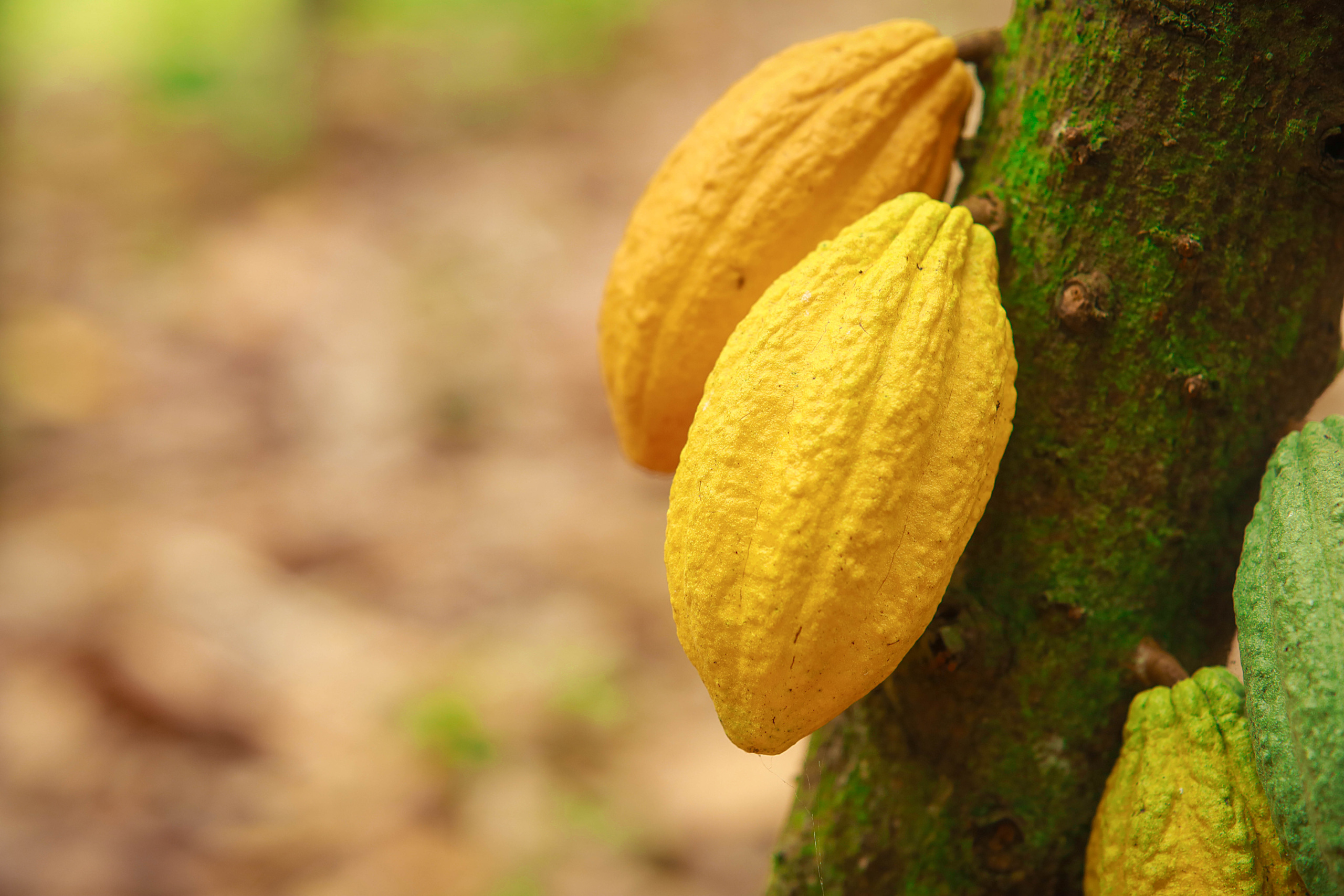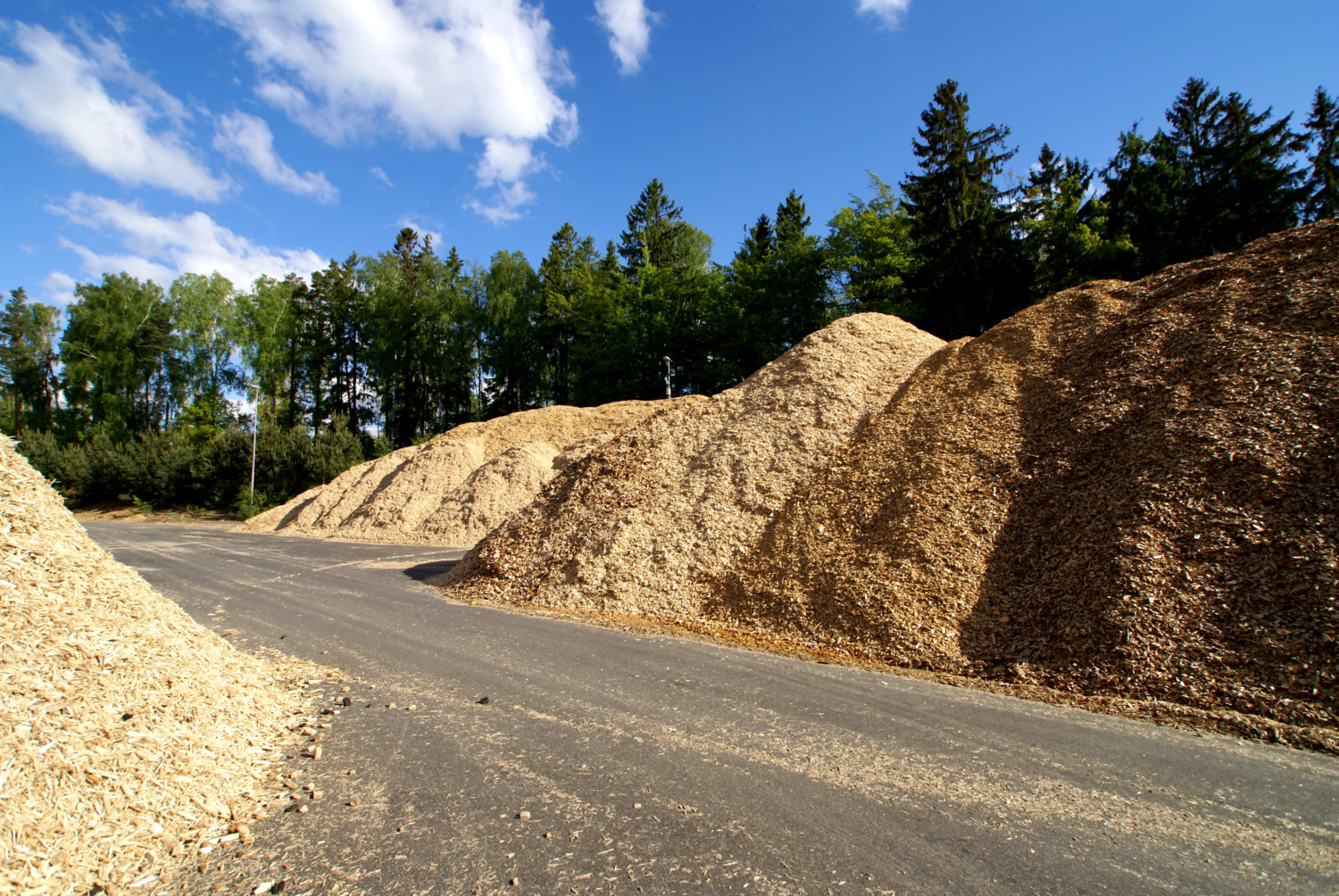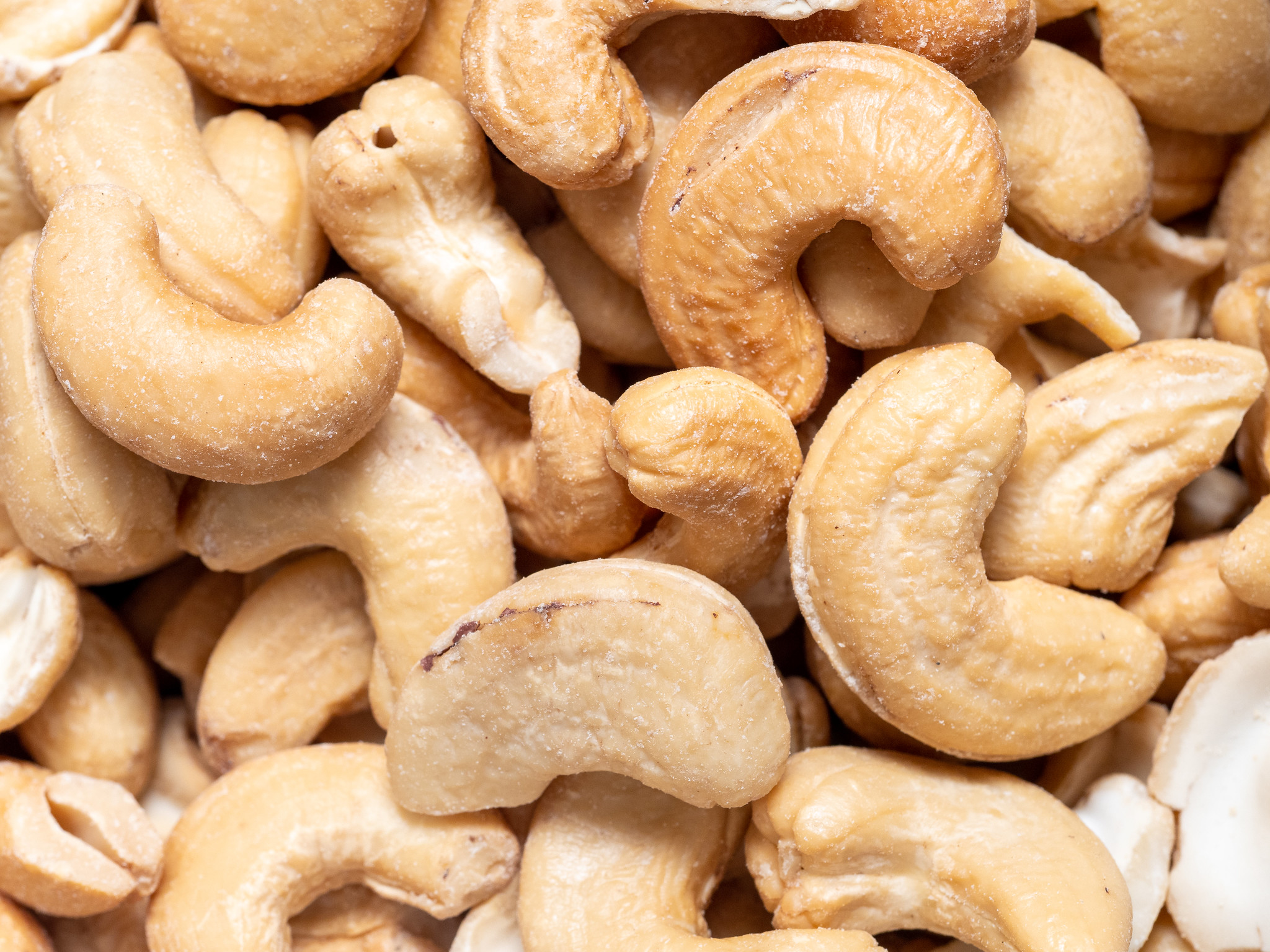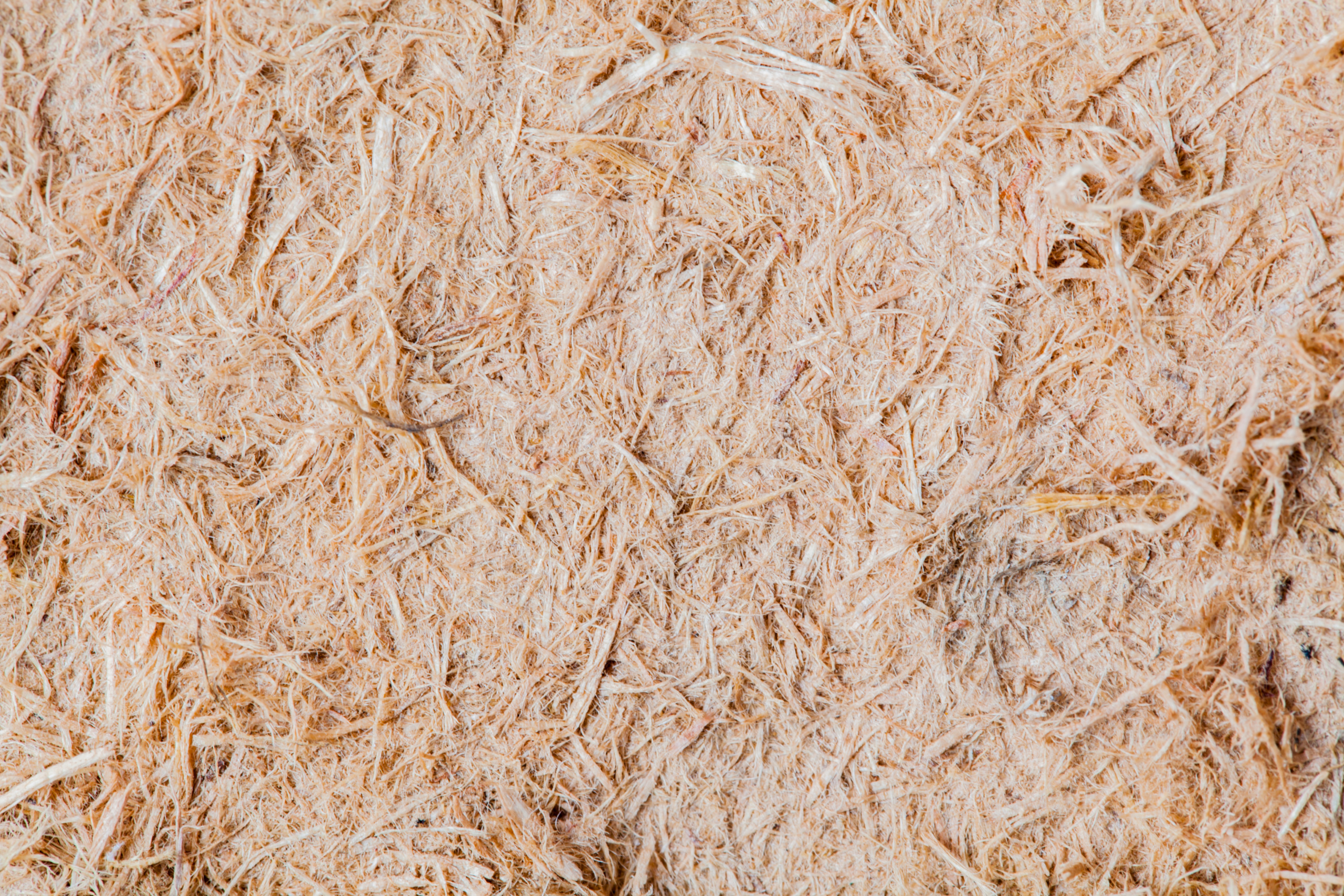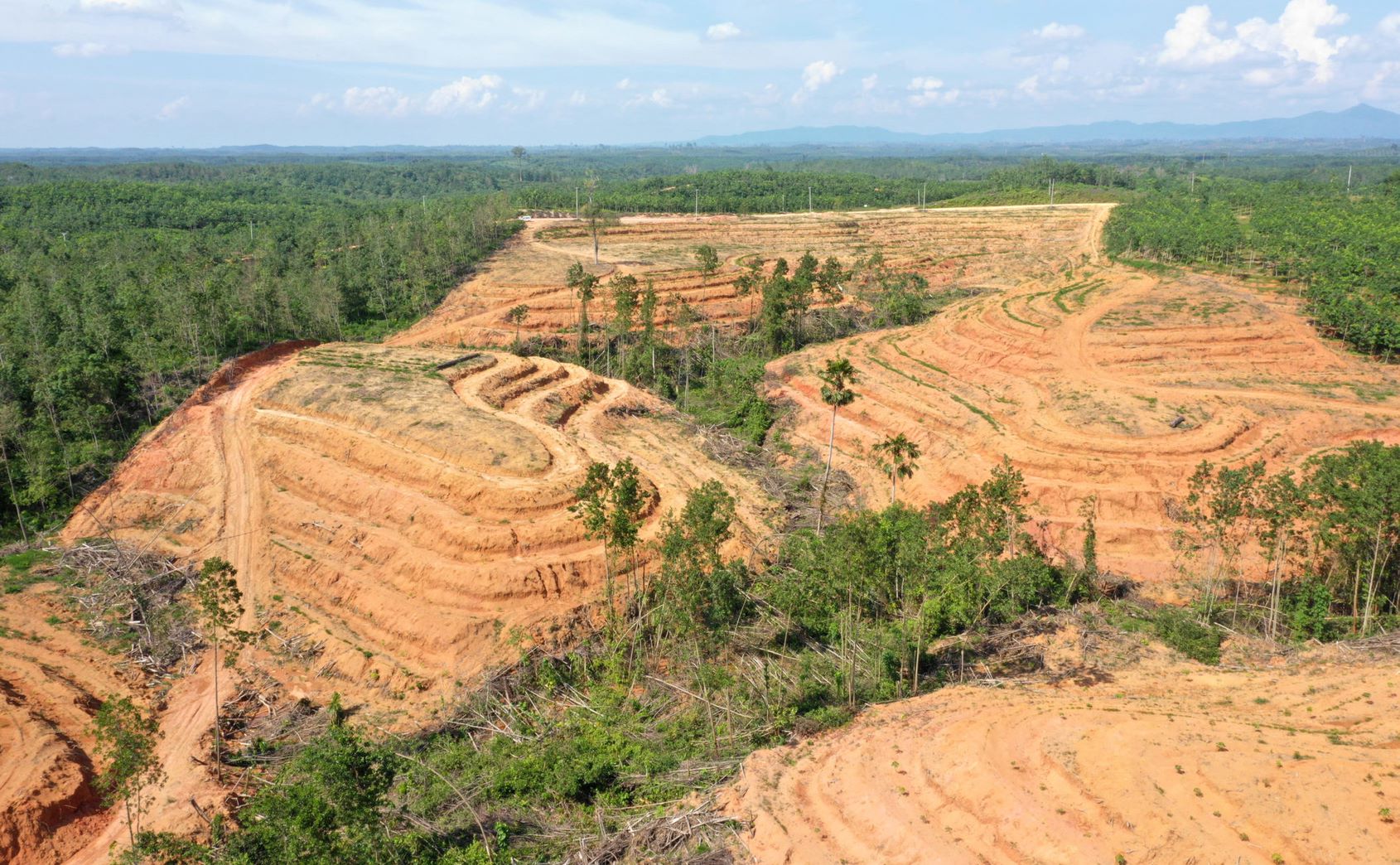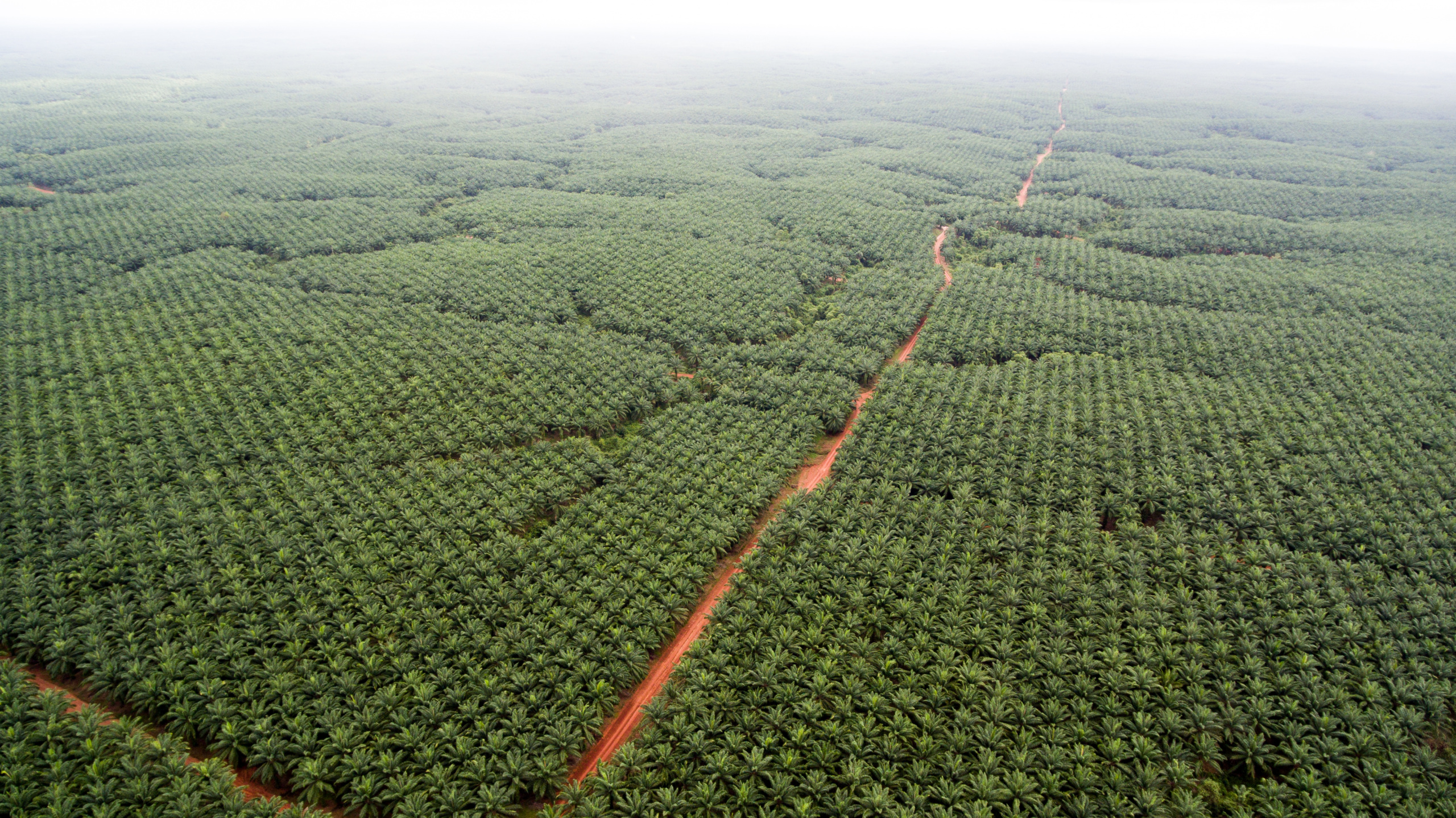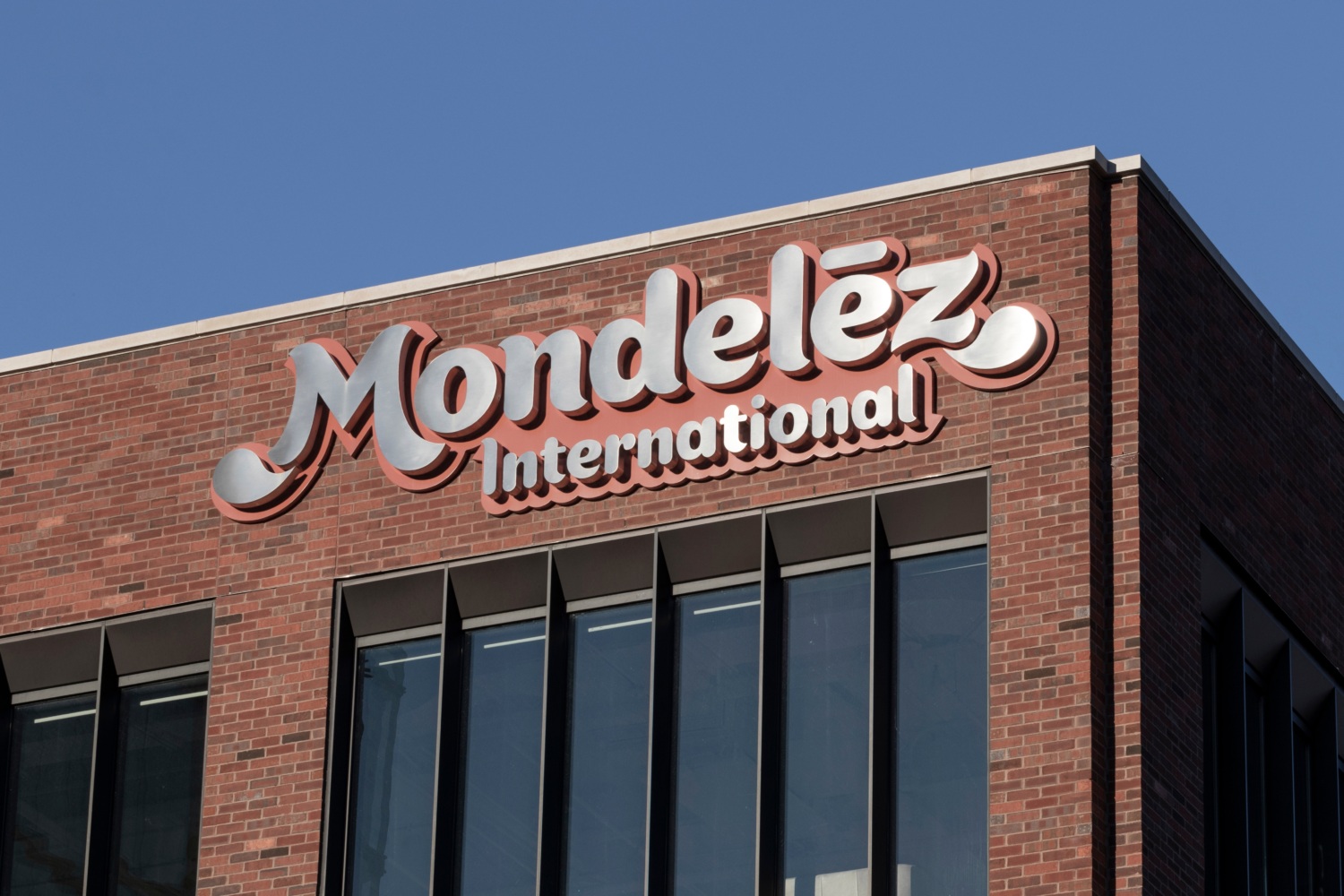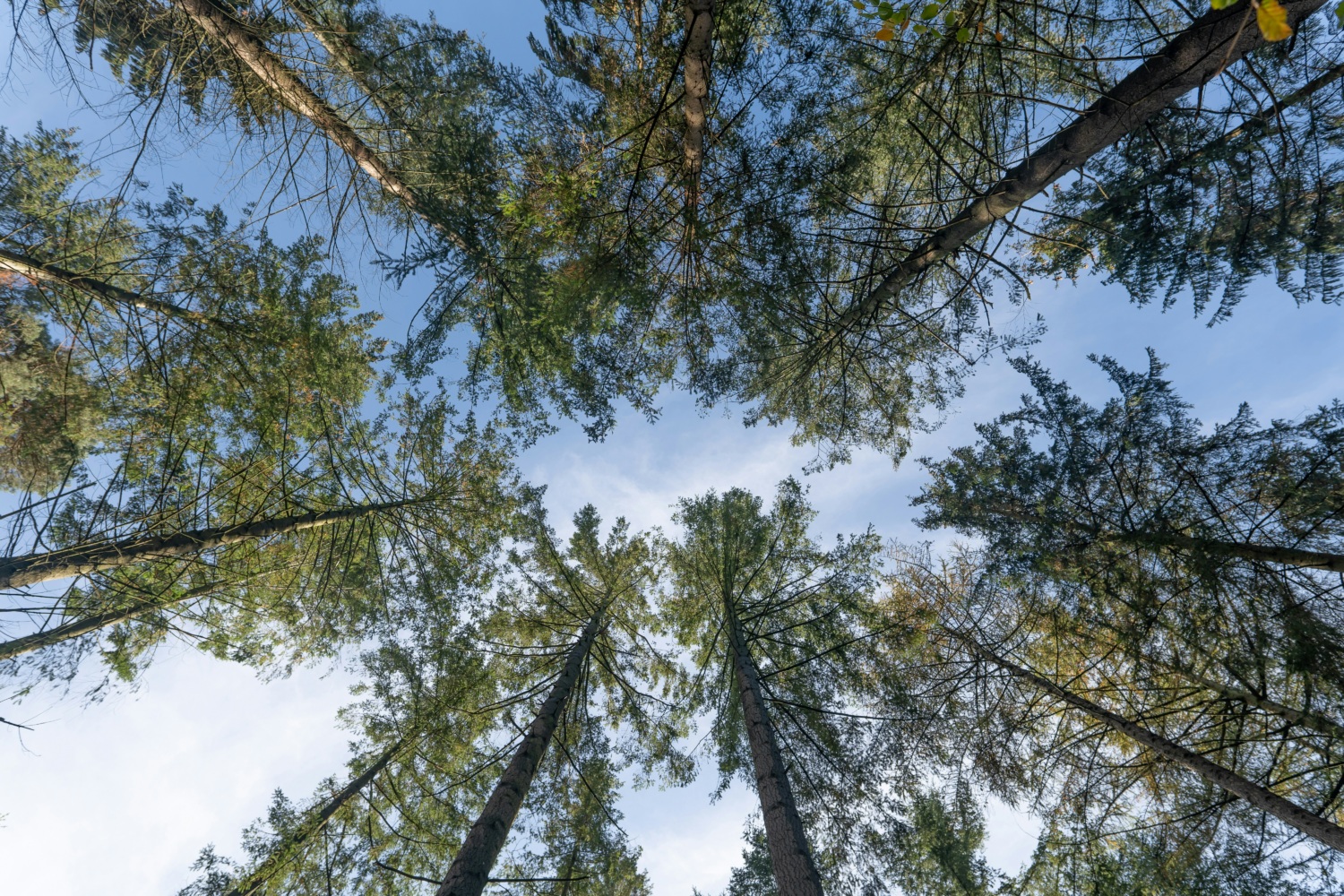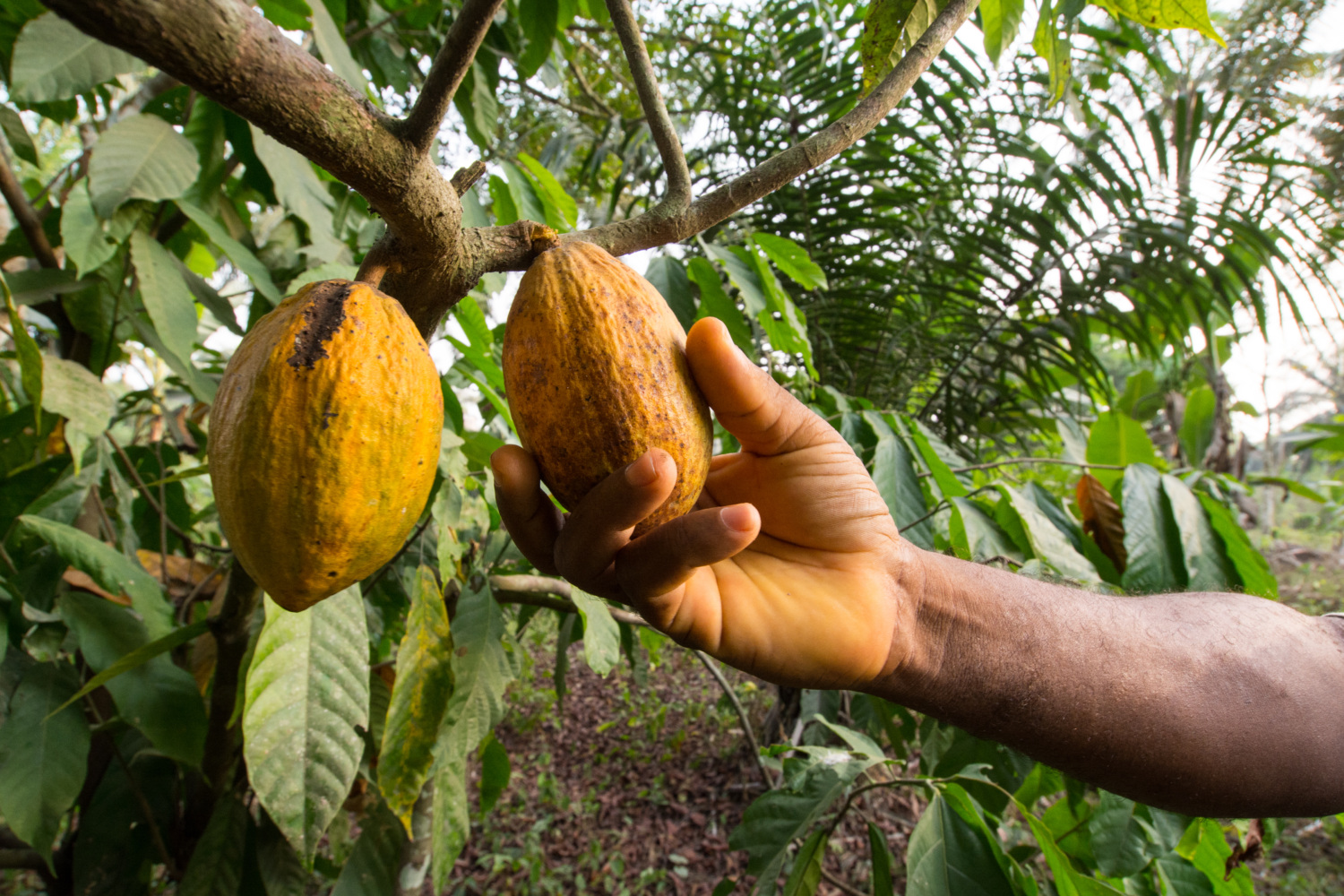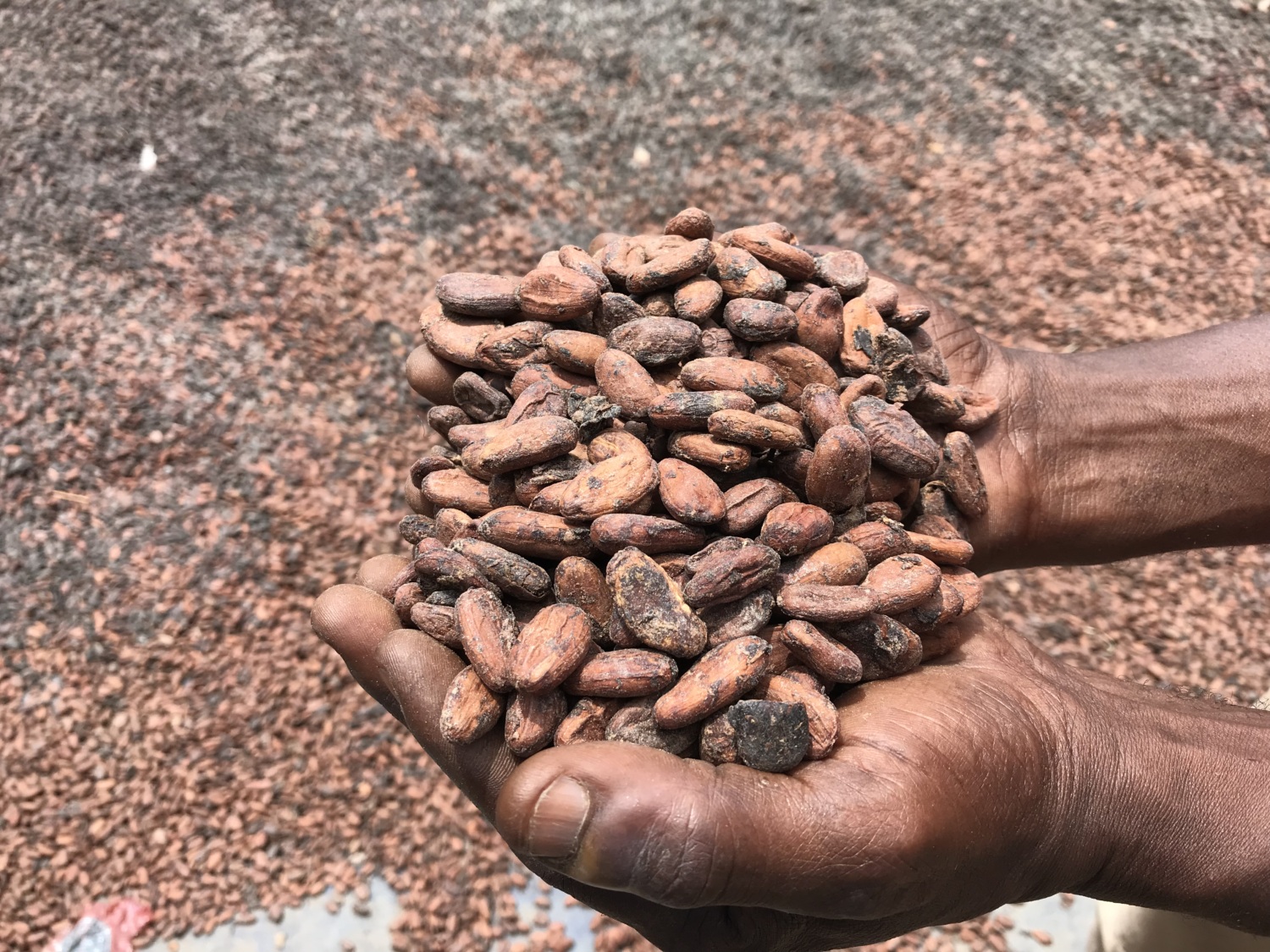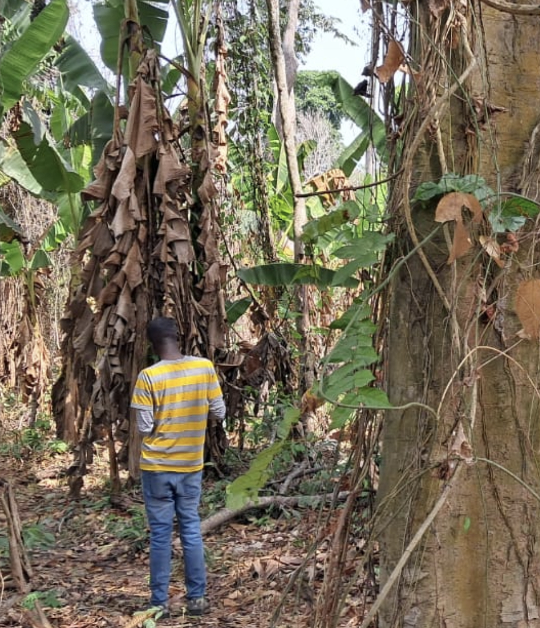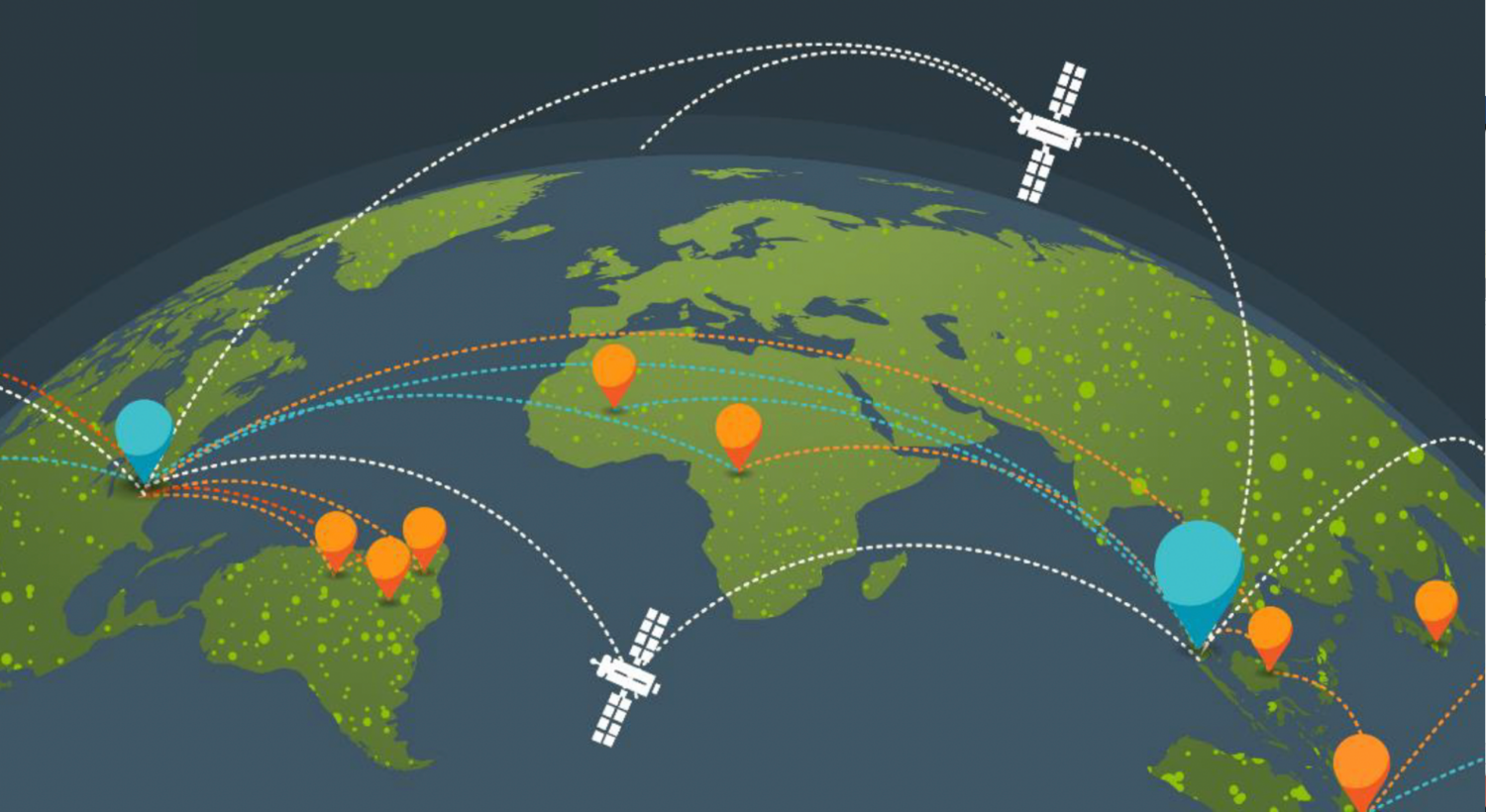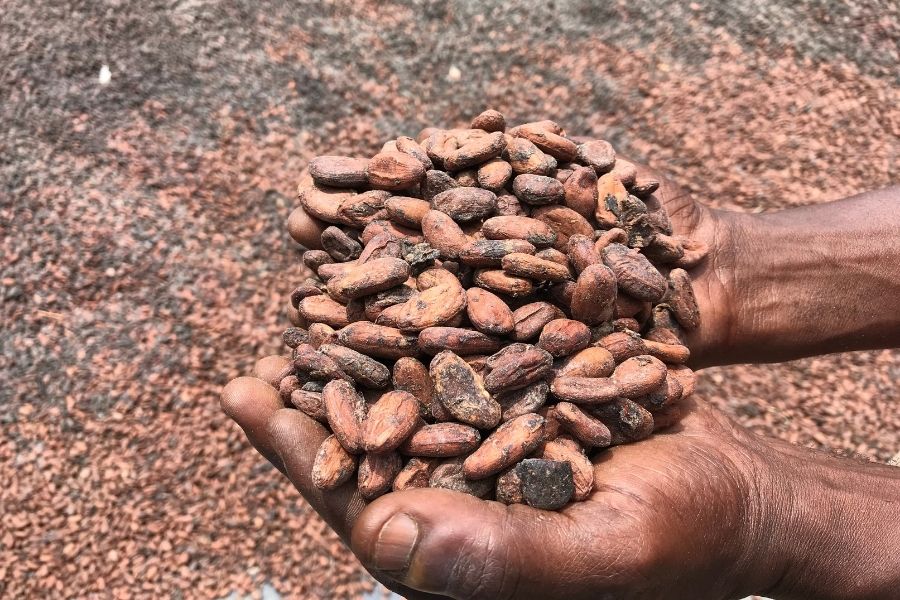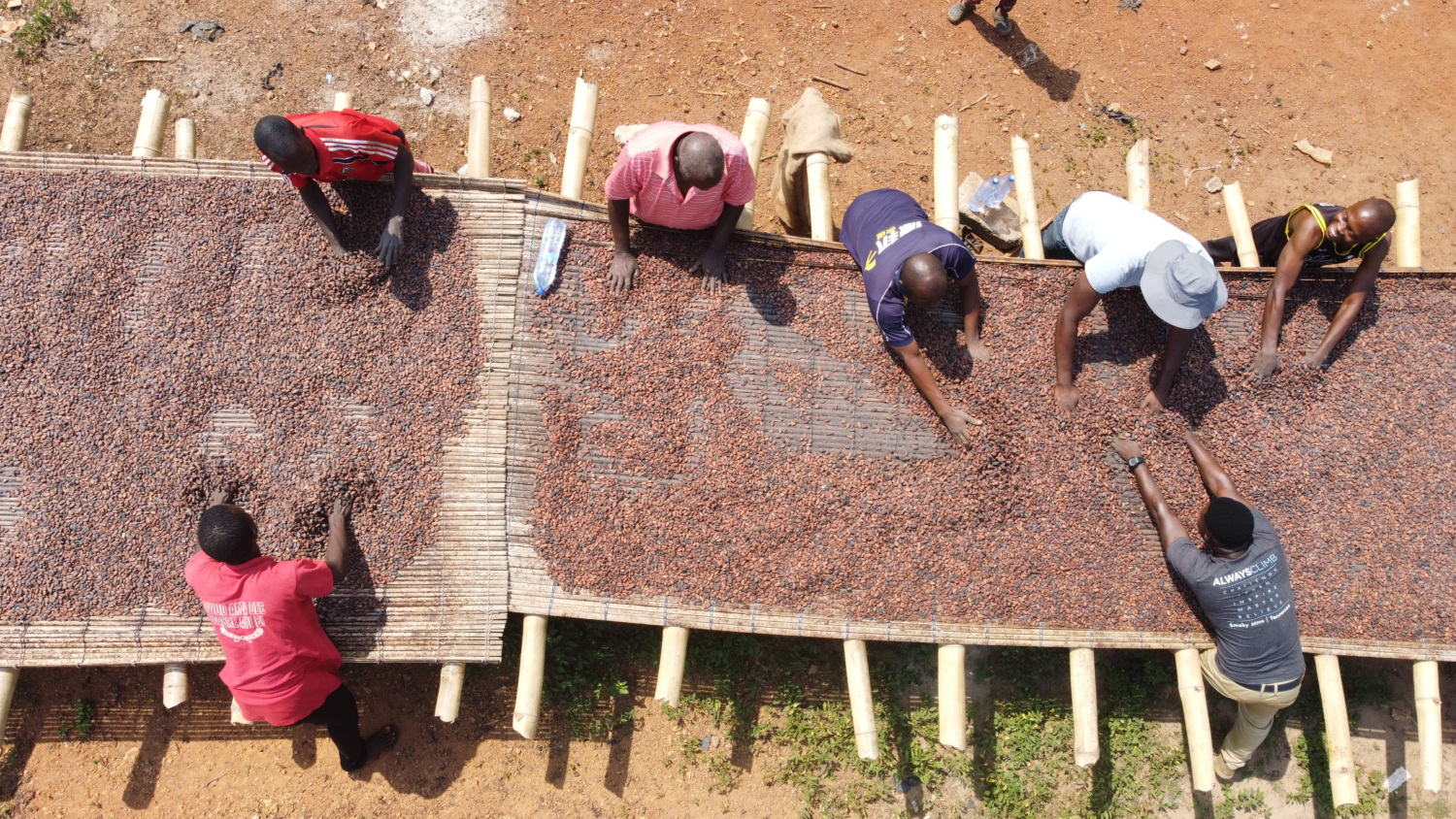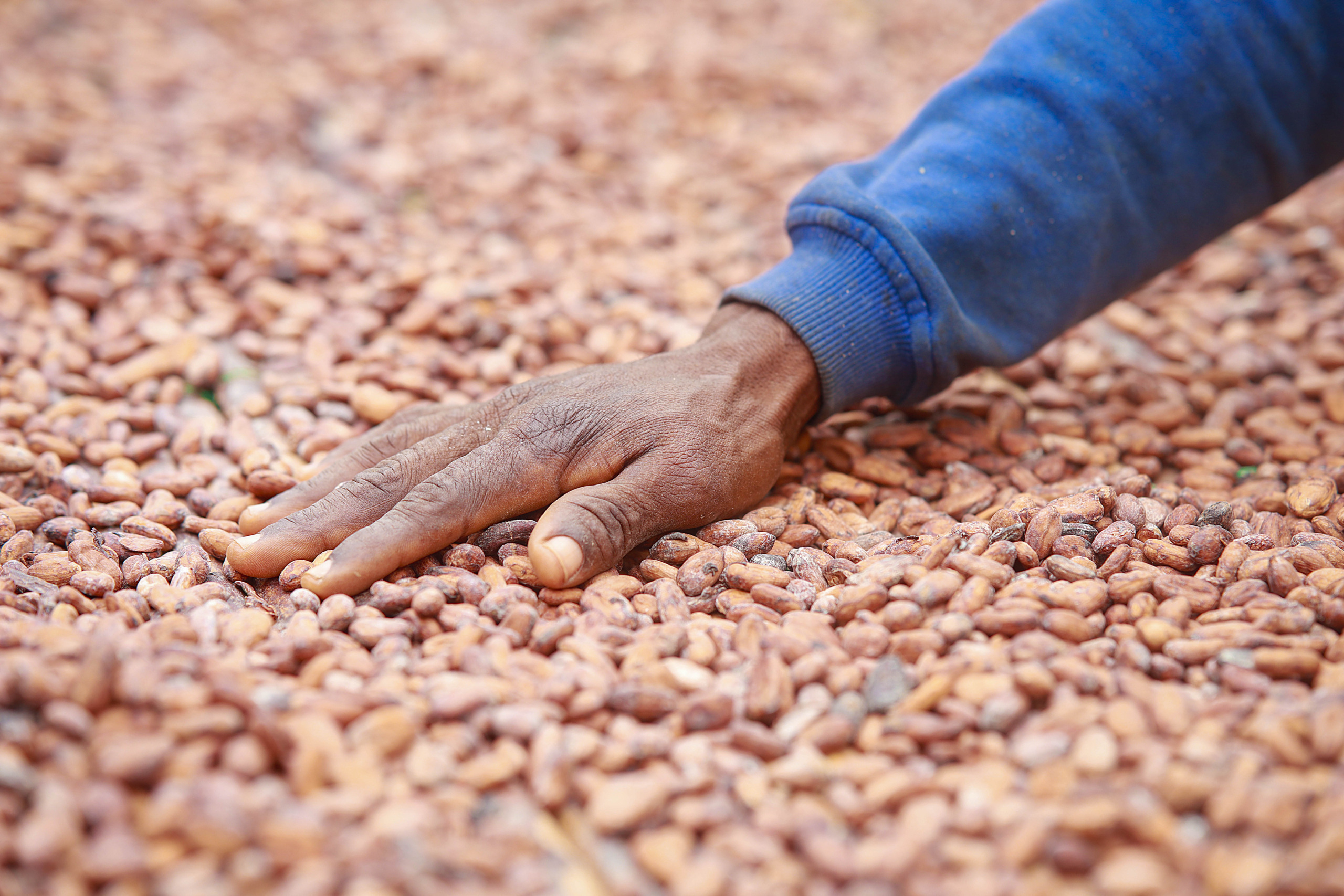
Cocoa
Join Our Mailing List
West Africa produces three-quarters of the world’s cocoa, with Côte d’Ivoire and Ghana being the largest producers. These two countries have lost most of their forest cover in the past 60 years – around 94% and 80% respectively with an estimated one third of forest-loss attributable to cocoa farming. This is having a devastating impact on wildlife, destroying much of the natural habitat of chimpanzees and forest elephants.
Despite pledges by the chocolate industry and governments to tackle deforestation, it remains stubbornly high. The cocoa beans’ journey from farm to the first point of purchase is still the hardest to track and this is where beans from deforested areas can be mixed with those grown on legally cultivated land. Although most of the large cocoa traders and chocolate companies have made progress, the grim reality is that 30–40% of cocoa is still untraceable.
The good news is that we know solutions to these challenges do exist.
New technological innovations that can allow traceability of cocoa beans from farm gate to chocolate product, whilst national monitoring systems are also being developed. Mighty Earth has also developed its own cocoa “rapid response” system to spot cocoa deforestation hotspots early, and highlight these to companies.
Also, in order to stop pressure on remaining forests, small-scale farmers, who are the bedrock of the industry, need to be properly remunerated, creating a disincentive to farm in forest reserves, or protected areas. We are therefore pushing companies to adopt credible living income strategies in their cocoa supply chains.
At the farm level, agroforestry methods can allow farmers to diversify their incomes by growing other crops alongside cocoa under the forest canopy.
By working together with farmers, cocoa companies, civil society and governmental actors, we can achieve our goal to end deforestation in cocoa supply chains.
-
37.4% and 13.5%
Cocoa’s recent contribution to deforestation in protected areas of Ivory Coast and Ghana, respectively
-
$61.5 bn
The combined net 2021 sales of the world’s top 5 chocolate manufacturers
-
90%
Proportion of Ghanaian cocoa farmers earning below a living income
-
2 million
Estimate number of cocoa farms across West Africa
Our Work
2024 Chocolate Scorecard
How chocolate companies rank on transparency, traceability, deforestation, and child labor
See the Scorecard
Tell Starbucks to come clean on cocoa
When it comes to paying farmers a living income, addressing child labor, or protecting forests, Starbucks is evading accountability.
Sign The Petition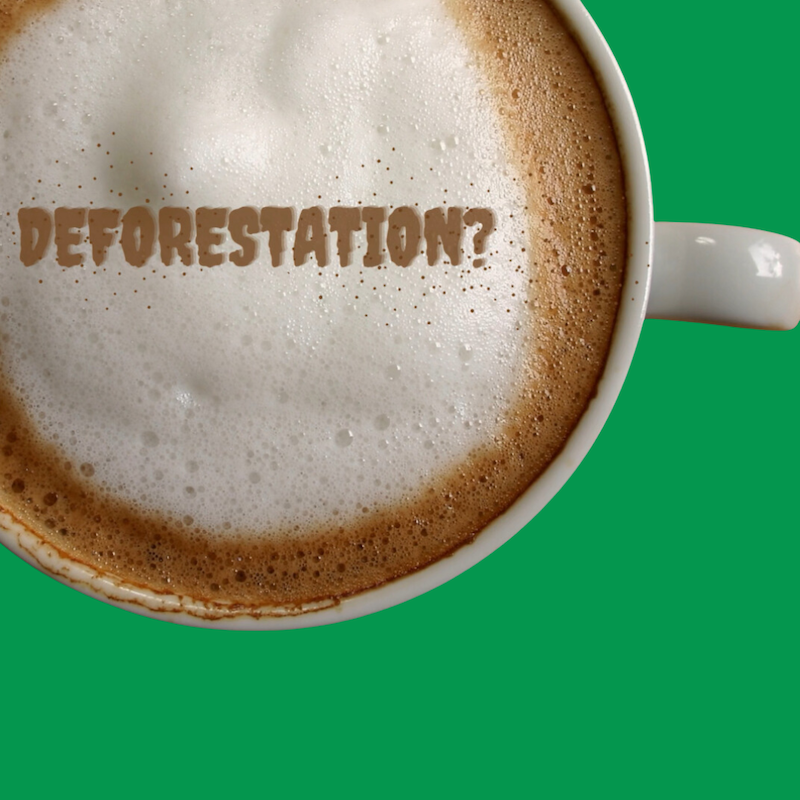
UP TO 40% OF COCOA IS STILL UNTRACEABLE
Mighty Earth tracks and monitors deforestation in Côte d’Ivoire and Ghana in real time with our Cocoa Accountability maps.
Cocoa Accountability